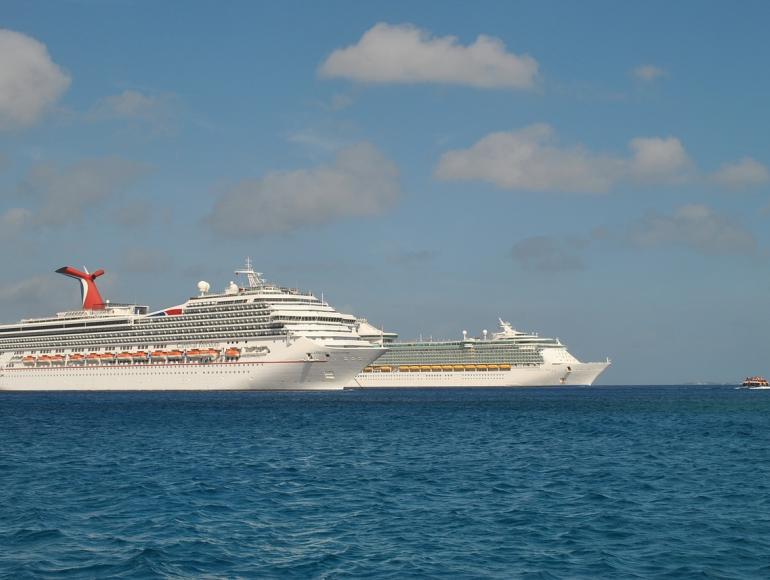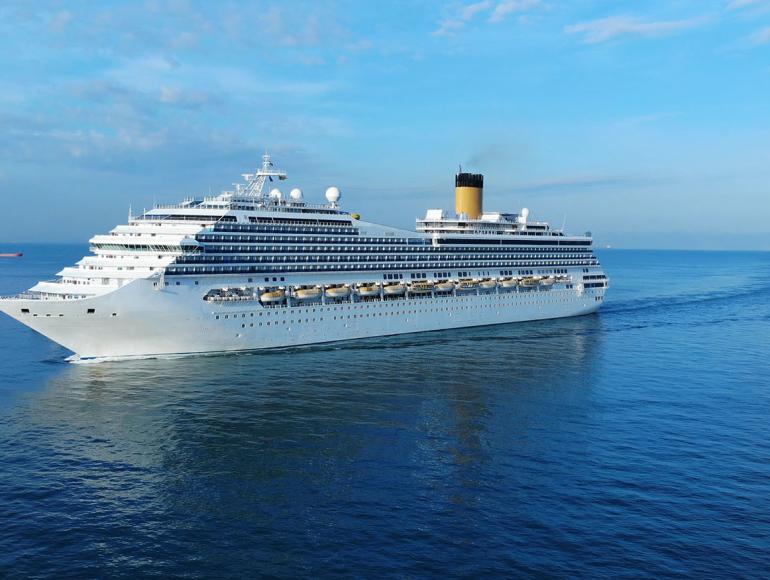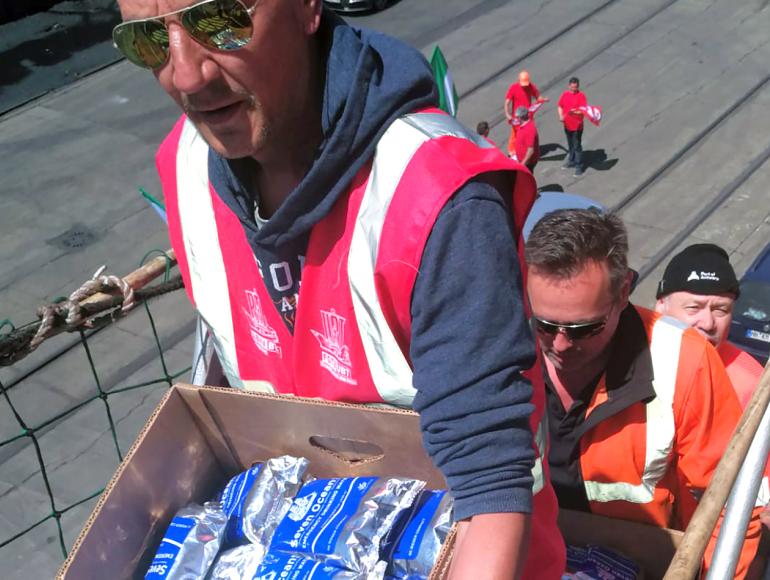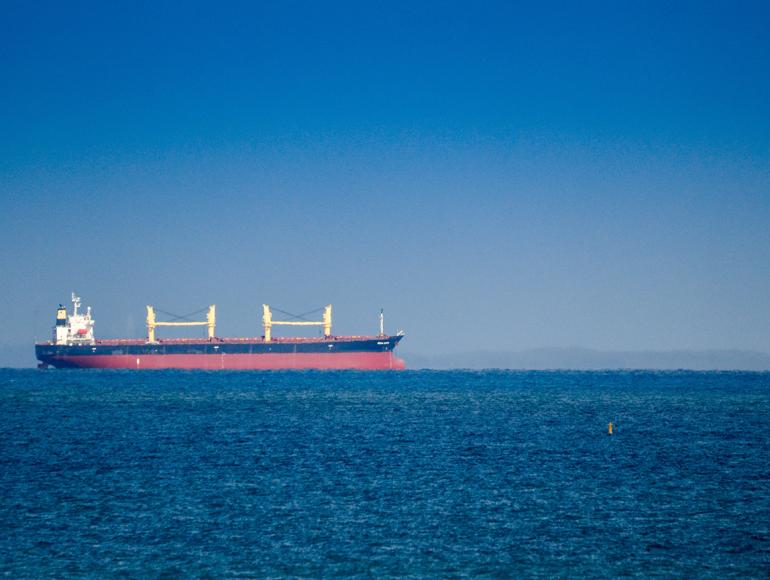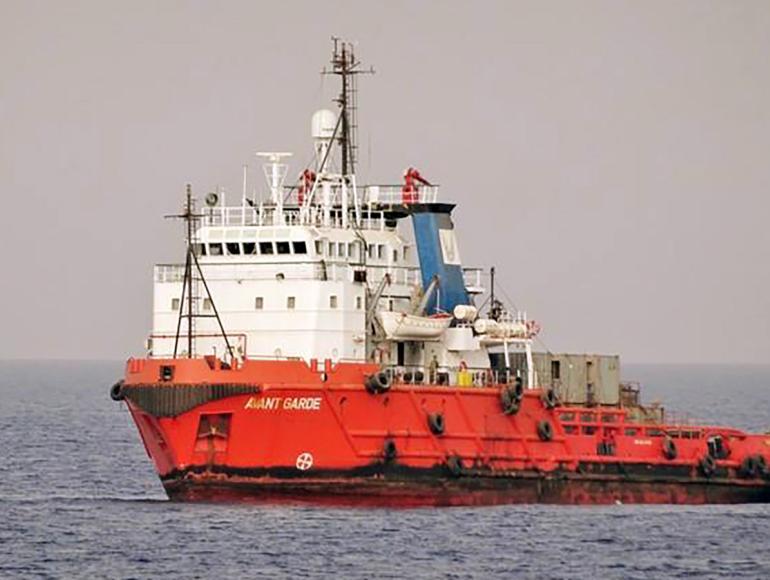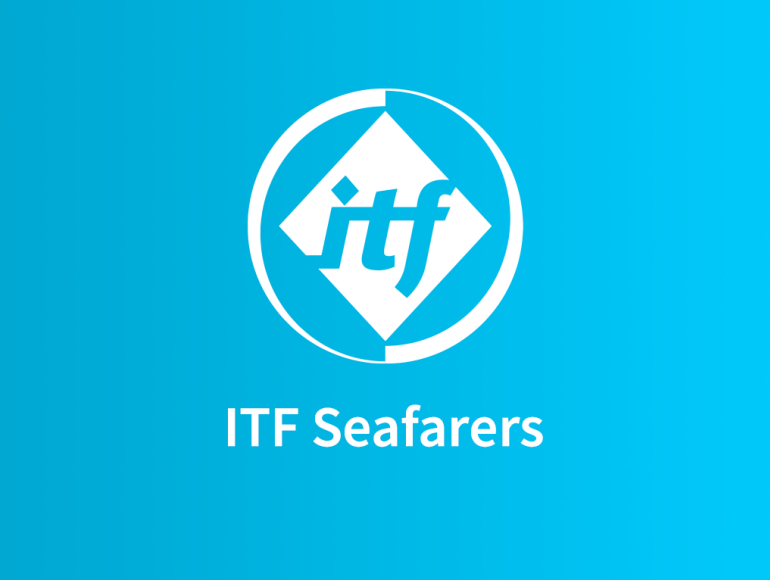
Rescued migrants suffer as standoff over rescue boat continues
There are concerns about the medical and psychological condition of people rescued from the Mediterranean Sea and stranded onboard a rescue boat that has been anchored off the Italian island of Lampedusa for more than 18 days while the Italian government refuses permission to disembark.

